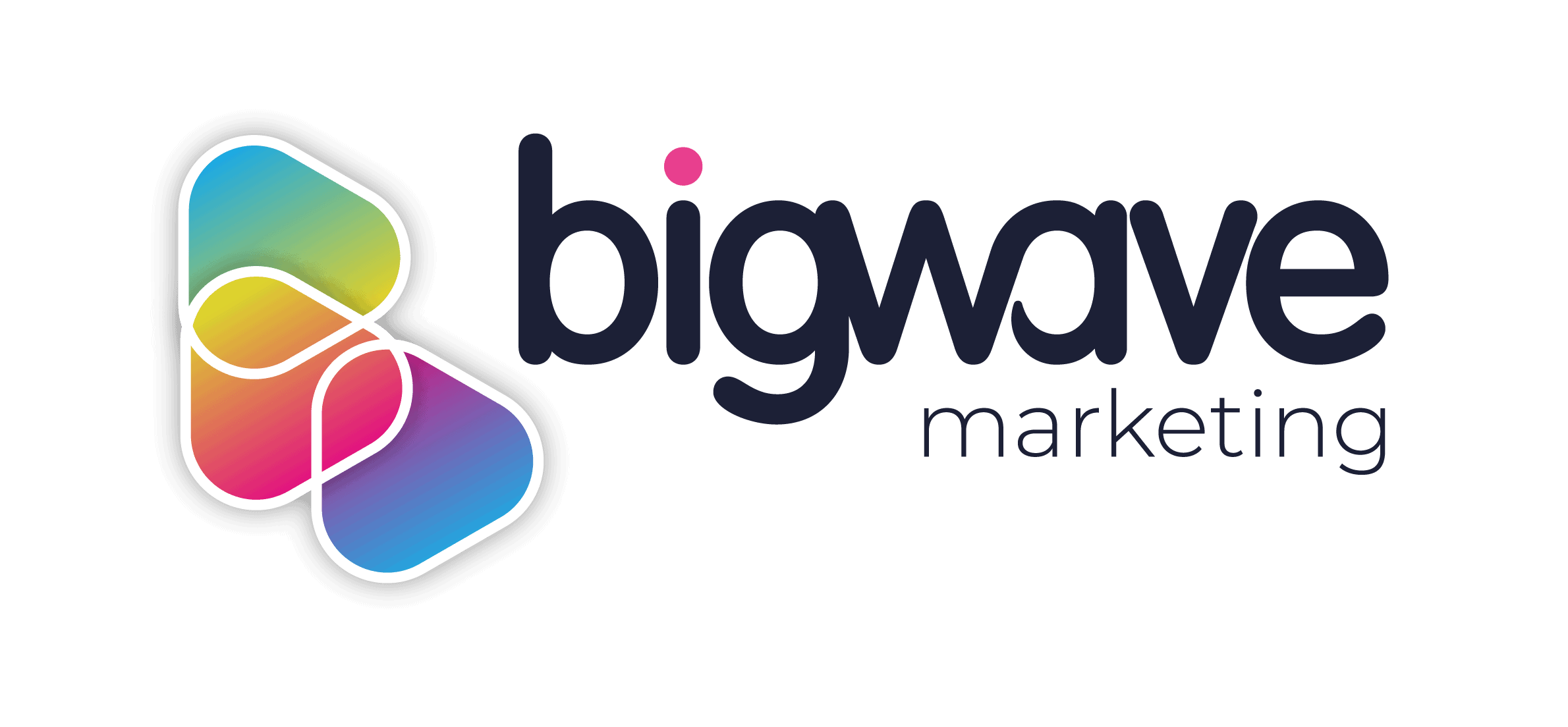Building your brand authority doesn’t happen overnight. It’s a process that takes a lot of strategy and work, but the payoff at the end is definitely worth it.
It’s worth mentioning that big corporations will probably have an easier time establishing strong brand authority than smaller companies, just because of how visible they are in the market.
But this definitely doesn’t mean that you should be discouraged.
Ongoing marketing efforts are needed to tell an authoritative brand story that identifies your brand values and builds trust in potential customers. Brand authority definitely comes into play when a potential customer is deciding between two companies, and it’s even more important with B2B, since those products/services tend to involve a higher cost.
Here’s the thing: building brand authority doesn’t mean that you have to be the biggest or the flashiest, necessarily. It means that you need to use content and digital marketing strategies to your advantage.
This blog will explore how businesses both large and small can use content to build great brand authority.
Why content?
One of the main reasons that you should focus on content to raise brand authority is Google’s E-A-T score.
E-A-T is getting mentioned more and more on social media and amongst digital marketing experts.
E-A-T is short for expertise, authoritativeness, and trustworthiness. Google uses these factors to work out how much it can trust your site and its content – essentially whether your website looks spammy or not. Think of E-A-T as a rating of credibility.
The more trust you build with a good E-A-T score, the more likely Google is to show your site for relevant searches. Put another way, a good E-A-T score can make it more likely for your brand to be put in front of potential customers.
Google’s main goal is to keep its users happy, including by giving them as good an experience as possible. This means that they want to display correct, clear, and concise information that quickly answers search intent. When people search for something, they want to get a relevant answer almost instantly.
Google (and other search engines) are now so advanced and trusted that people will regularly turn to search engines to answer complex or significant questions relating to health, finance, and lifestyle. Now more than ever, Google needs to be sure that the information it is displaying is from a trusted source.
This means E-A-T is one of the main things Google looks at when deciding how much to trust an author and their content. High-quality content not only puts you higher up SERPs and in front of potential customers, it’s also a great way to earn backlinks. Backlinks from other quality sites shows Google that other sites trust you, which in turn shows that you’re more authoritative.
What’s more, content is very customer facing. Whether they’re looking at your website, newsletters, blogs, social media posts, or adverts, content is the first thing your customers see. Making your content good, interesting, and helpful is a great way of getting your customers to value what you’re saying – and to value your company.
So, how can you use content to build your brand authority?
1. Work out your current brand authority level
The first step is to get a sense of how your brand is currently being perceived. Questions you can ask yourself include:
• Have your branded searches increased or decreased? What search terms are people associating with your brand? What search terms are leading people to discover your brand?
• How are your customers or leads finding out about your brand? Was it from content you put out?
• Are you ever mentioned in the media?
• Who are the current authorities in your market? What kind of content are they putting out? What search terms are they associated with?
To find answers to these, you can type the phrases you wish you ranked for into Google and see who is ranking for those terms. If it’s not your brand, it might be competitors. You can sue this to see what your competitors are doing differently.
If you search for your vertical, you can find the most popular social channels, publications, podcasts, and other channels visited by your target audience.
Getting your content featured on these channels is a great way to build trust and authority amongst your potential customers.
2. Identify and answer your audience’s questions
If you answer your audience’s questions, they’ll trust your opinion and see you as an authority.
This is a really simple way to increase your brand authority and get a good reputation amongst your target audience. To start this process, you need to know what questions your audience are asking. There are a few ways to do this:
• You can use free online tools like Answer the Public and BuzzSumo’s Questions to show what people are asking based on different keywords. Type in keywords that are related to your brand/keywords you want to target and you will get a whole host of related, real searches.
• You can delve deeply into keyword research to find problems or pain points for potential customers.
• You can ask your sales team whether there are any frequently asked questions from potential and current customers. Is your content addressing these questions or pain points?
Once you’ve worked out what kind of questions your audience is asking, you can start working on answering these questions clearly and concisely through your content.
Building valuable and helpful on-site content helps build authority whilst also building more awareness for your brand. Great content can help you position yourself as an expert in your field.
3. Create high-quality content
So you now know what topics your audience wants to read about, but how do you make it authoritative? How do you make your audience trust your opinion?
There’s a whole host of different factors that feed into how authoritative and trustworthy a piece of content seems. These include:
• The use of original content that isn’t plagiarised from another brand or website
• Backing up your content with external data which is more authoritative than opinion alone
• Citing and linking to any external sources
• No grammar or spelling errors
• Subheadings and ease of scanning – this is a visual indication of knowledge and understanding of a topic
• Well thought-out structure and navigation
• Insight into exactly what readers will learn when they read the piece
• Name and bio on blog posts to signpost expertise and experience
• Responding to comments with supplementary information
• Third-party validation for your content in the form of testimonials, reviews, or shares
Conclusion
Just putting more time and effort into your content marketing efforts is a big step in building more brand authority. Better content leads to a higher likelihood that your target audience will find your business, visit your website, read your opinion, view your products/services, and, above all, remember – and trust – your brand.
What’s more, creating higher-quality content that directly addresses your audience’s questions makes it more likely that the Google algorithm will recognize your authority. This is because your E-A-T score will probably improve, as will your backlink portfolio. Your SERP ranking will probably improve from this.
Building your brand authority through content marketing takes time, but becoming an authority will likely make other aspects of your marketing efforts easier and more successful.
To find out how Bigwave can help you skyrocket your brand authority through content marketing, please click here.

